- Home
- Programs
The Career Performance System
- Analysis: Assess your current performance level, including expectations (from and towards) yourself.
- Objective: Set (and commit) a timeframe and an ambitious objective – we help steer and calibrate.
- Skill Building: Identify missing skills to lead yourself, your teams, and your projects and get individual support and tools to build these.
- Perception Management: Systematically guide and manage perceptions.
- Promotion: Put everything together to get promoted ASAP.
The Career Reflection System
- Reflection: Understand your priorities and create a meaningful and tangible career vision (no blabla).
- Opportunity: Break down your vision into smaller pieces and learning goals.
- Evaluation: Evaluate your status quo (where do you stand in terms of what is important to you).
- Plan: Create an ambitious development plan.
- Execution: Execute the plan with consistency and adaptability in case your career vision changes.
The Career Transition System
- Motivation: Understanding (and challenging) the best next career move.
- Pipeline: Collect and prioritize potential jobs.
- Referral: Build a targeted referral strategy and deliver value before you officially apply.
- Application: Built outstanding official documents that clearly convey your value-add.
- Interviews: Outperform your peers in your interviews
- Negotiation: Get the best deal you can by being clear on your worth
- First 100 Days: Understand what is important when you start your new role.
- Reviews
- Contact Us
- Blogs

Menu





